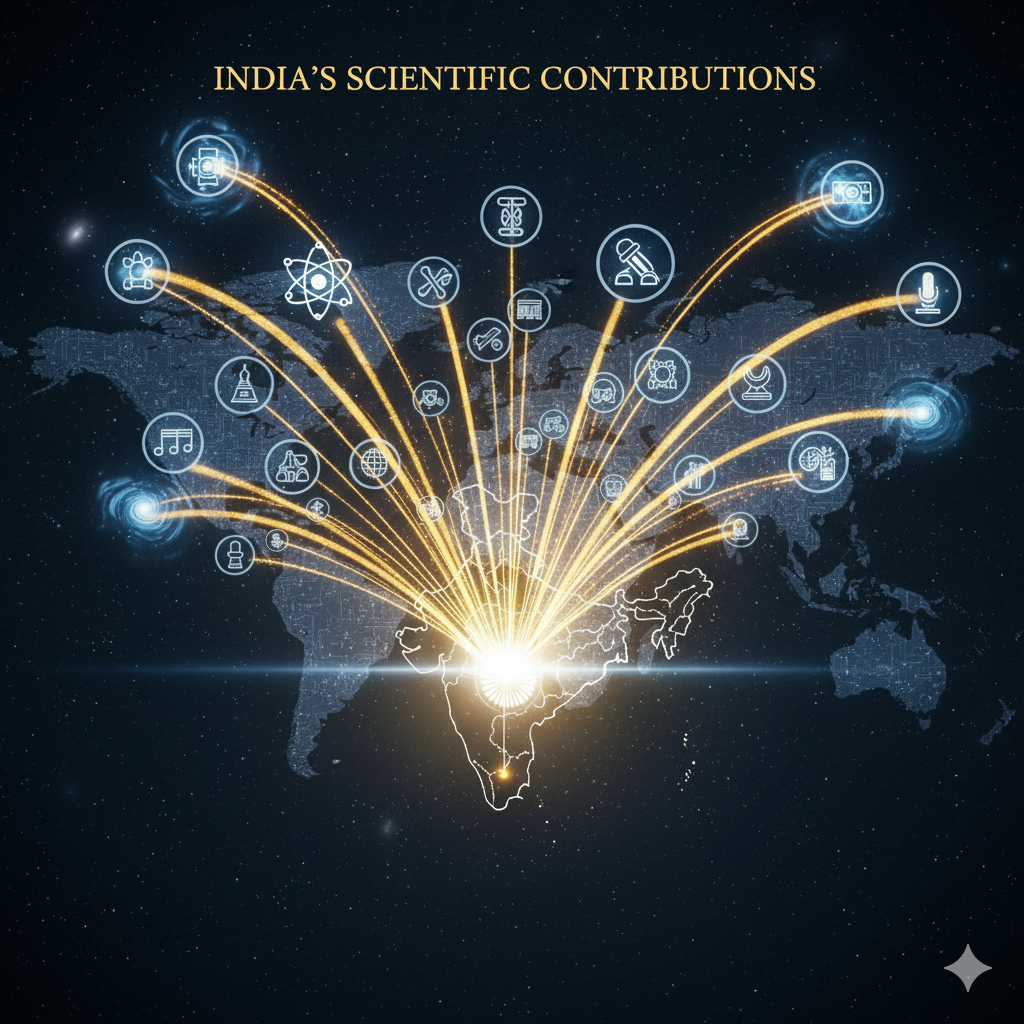Literature has always been a significant force in shaping human thought, influencing behavior, and guiding individuals through complex emotional and moral landscapes. As we navigate the intricacies of life, literature stands as both a mirror and a guide, offering reflections on the human condition and suggesting ways to approach life’s challenges. One of the most profound effects that literature has on individuals is in the realm of character building. It nurtures qualities such as empathy, integrity, responsibility, and resilience. By presenting diverse perspectives, complex situations, and moral dilemmas, literature helps to shape our attitudes, decisions, and values, thus playing a central role in character development.
Literature as a Source of Empathy and Understanding
One of the most important aspects of literature is its ability to open readers’ minds to the experiences of others. Through stories and narratives, readers are transported into the lives of characters who may differ vastly from themselves in terms of culture, background, or experiences. This journey into someone else’s world fosters empathy, allowing individuals to understand feelings, struggles, and perspectives they may not have encountered in their own lives.
For instance, works such as To Kill a Mockingbird by Harper Lee or The Kite Runner by Khaled Hosseini expose readers to social injustices and the moral complexities surrounding issues like race, class, and loyalty. As readers immerse themselves in these stories, they come to understand the inner workings of human suffering, fear, hope, and resilience. These emotional connections with characters enhance readers’ emotional intelligence, enabling them to engage with others in a compassionate and understanding way.
Empathy is a foundational element of good character, as it fosters kindness, patience, and tolerance. By placing ourselves in the shoes of others, literature encourages us to act in ways that promote fairness and justice. It teaches the importance of understanding different viewpoints and responding to the world with greater care and compassion.
Literature as a Teacher of Morality and Ethics
Throughout history, literature has been a key medium through which societies have transmitted ethical principles and moral lessons. Whether through ancient texts such as the Mahabharata or The Iliad, or through modern works like 1984 by George Orwell or Crime and Punishment by Fyodor Dostoevsky, literature addresses fundamental questions of right and wrong, justice and punishment, and personal responsibility.
The moral lessons conveyed through literature often come in the form of the choices characters make. The consequences of these choices—whether good or bad—serve as a powerful teaching tool, allowing readers to reflect on their own values and beliefs. For instance, the tragedy of Hamlet lies in his indecision, which ultimately leads to his downfall. The moral takeaway for readers is the importance of making timely decisions and the consequences of procrastination.
Moreover, literature presents moral dilemmas that require readers to grapple with complex questions of right and wrong, often with no clear answer. For example, in The Brothers Karamazov, Dostoevsky explores profound ethical questions about faith, free will, and the nature of good and evil. By engaging with such works, readers are encouraged to think critically about moral issues and to develop their own ethical frameworks.
In this way, literature acts as a mirror to society, reflecting its values and challenging readers to engage in ethical self-examination. It guides readers to develop a strong moral compass, helping them navigate the complexities of life and make decisions based on integrity and conscience.
Literature as a Catalyst for Personal Reflection
Reading literature also serves as a powerful tool for self-reflection. The themes explored in novels, poetry, and plays often resonate with personal experiences, encouraging readers to reflect on their own lives, behaviors, and beliefs. A well-crafted piece of literature can prompt introspection, allowing readers to examine their own flaws, virtues, and aspirations.
For instance, novels like The Great Gatsby by F. Scott Fitzgerald or Frankenstein by Mary Shelley explore themes of ambition, loneliness, and the consequences of unchecked desire. These works invite readers to reflect on their own pursuits and ambitions, prompting them to ask difficult questions about the nature of success and fulfillment. As readers consider the fates of the characters, they are invited to ask themselves what they value in life and how they would act in similar circumstances.
Self-reflection is a cornerstone of character development. It encourages individuals to understand their motivations, recognize their shortcomings, and strive for personal growth. Literature provides a safe space for such introspection, offering insights that can inspire change, growth, and self-improvement.
Literature as a Source of Inspiration and Resilience
Character building is also about developing strength and resilience in the face of adversity. Literature offers countless examples of characters who overcome great challenges, inspiring readers to draw on their own inner strength during difficult times. From the determined resilience of characters like Harry Potter to the grit and perseverance of Jean Valjean in Les Misérables, literature demonstrates that even in the most challenging circumstances, it is possible to maintain one’s integrity, hope, and moral compass.
The stories of struggle and triumph in literature help to normalize the experience of hardship, allowing readers to understand that difficulties are a natural part of life. Rather than discouraging individuals, literature provides role models who endure, persist, and rise above their struggles. These narratives teach readers to develop resilience and determination, both of which are essential qualities for personal growth and character development.
Moreover, literature encourages readers to cultivate a sense of hope. Even in the darkest of times, many works of literature suggest that light can emerge, either through personal transformation or through the collective efforts of society. This sense of hope motivates individuals to keep moving forward, even when faced with setbacks and disappointments.
Literature as a Guide to Building Social Responsibility
The development of strong character is not just an individual pursuit—it also involves a sense of responsibility to the community and society at large. Literature plays a crucial role in instilling social responsibility by depicting characters who confront social issues, question unjust systems, and advocate for change.
Books like The Jungle by Upton Sinclair or Uncle Tom’s Cabin by Harriet Beecher Stowe highlight the importance of standing up against exploitation, inequality, and injustice. These works not only critique societal problems but also inspire readers to take action. They foster a sense of social responsibility, urging individuals to challenge the status quo and work toward creating a more just and equitable world.
Furthermore, literature provides a platform for underrepresented voices, helping to amplify the struggles of marginalized communities. Works by authors such as Maya Angelou or Toni Morrison encourage readers to recognize the importance of diversity, equality, and inclusion in building a compassionate society. Through these texts, literature fosters a sense of civic duty and encourages individuals to contribute positively to the collective well-being.
Conclusion
In conclusion, literature is an essential tool for character building, offering a wealth of experiences, lessons, and insights that guide individuals in their personal growth. It helps cultivate empathy, teaches moral and ethical principles, encourages self-reflection, builds resilience, and instills a sense of social responsibility. By reading and engaging with literature, individuals not only deepen their understanding of themselves and others but also develop the qualities that define strong, moral, and compassionate character. As such, literature remains one of the most powerful forces in shaping the hearts and minds of individuals, preparing them to navigate life’s challenges with integrity, empathy, and wisdom. Through literature, we are reminded that character is not something we are born with, but something we actively build and nurture throughout our lives.




